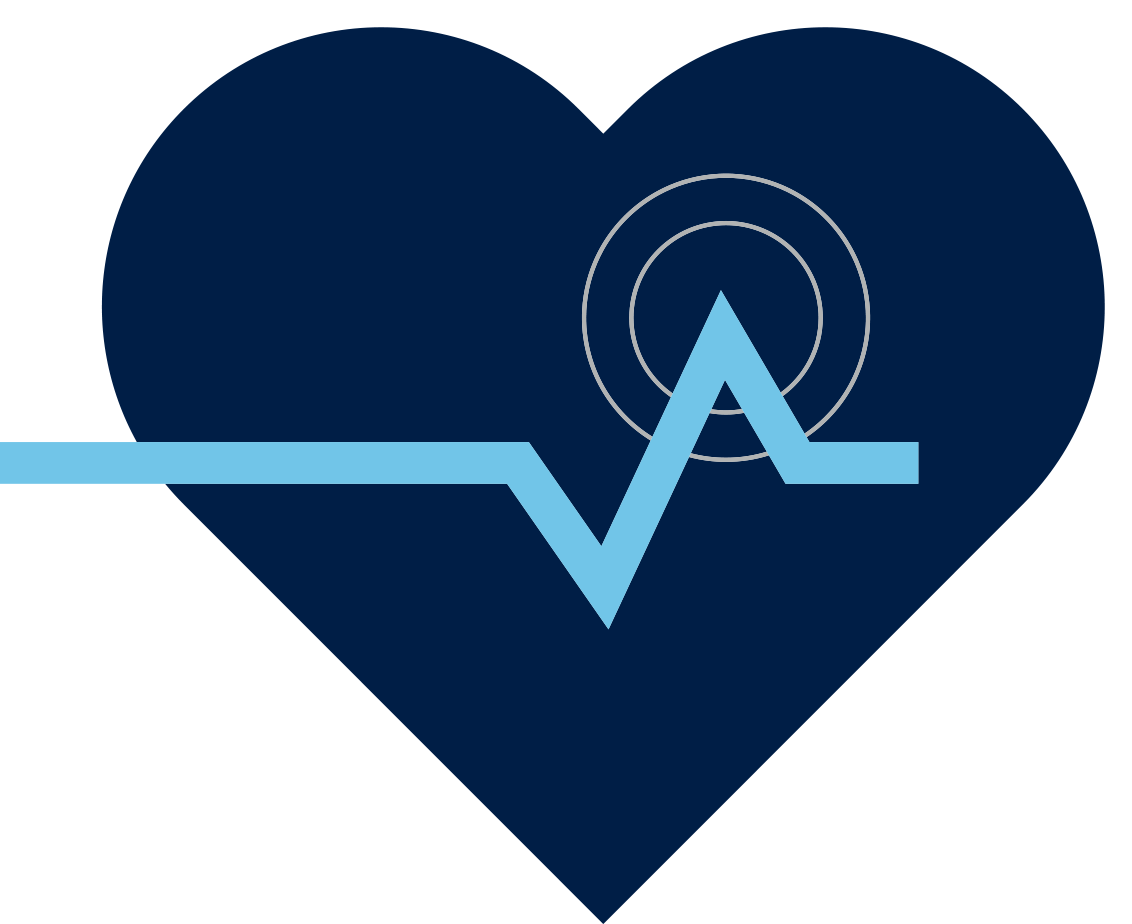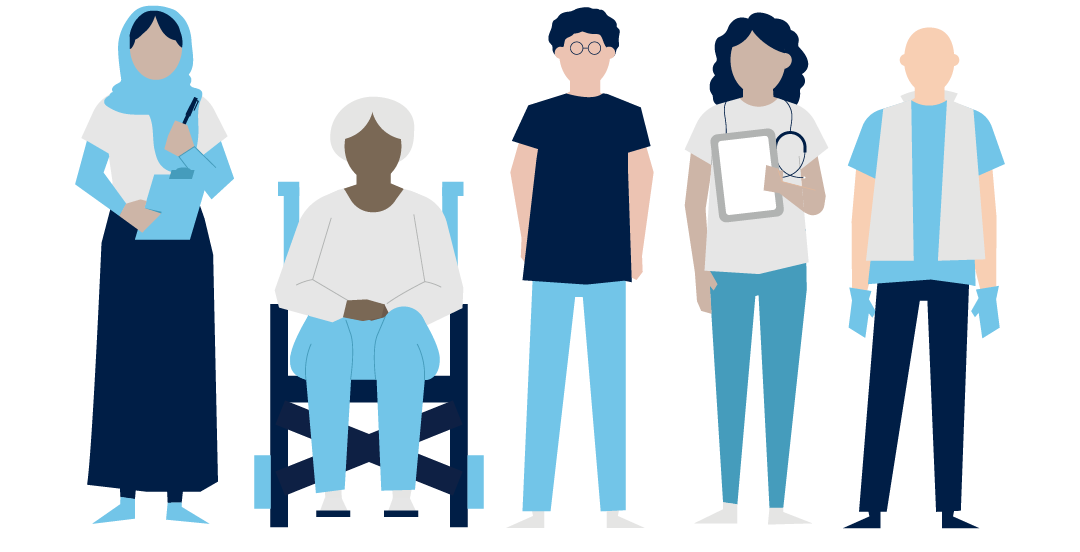
Stories
100 years on, insulin’s benefits amplified by technological innovation
The discovery of insulin 100 years ago was a testament to scientific excellence and innovation. Frederick Banting, Charles Best and their colleagues refused to accept the status quo of the 1920s...
The discovery of insulin 100 years ago was a testament to scientific excellence and innovation. Frederick Banting, Charles Best and their colleagues refused to accept the status quo of the 1920s – the fact that the disease we now call type 1 diabetes was a health crisis that took the lives of many Canadians, particularly the young. They tried what had never been tried before, and their explorations resulted in a life-saving discovery for millions around the world.
We have come a long way over the past century, with innovation continuing to improve diabetes care and better the lives of people living with the disease. Today, technology underpins much of the progress; while insulin remains the cornerstone of management for type 1 diabetes, technological solutions have transformed how insulin is delivered and monitored.
In the 21st century, continuous glucose monitoring integrated with insulin pumps can automatically deliver the precise amount of (basal) insulin required, while providing reports of the patient’s actual glucose levels via smartphone app. “People are more empowered than ever in the management of their type 1 diabetes,” says Neil Fraser, president of Medtronic Canada, a subsidiary of Medtronic plc – the world’s largest medical technology and solutions company.
“Insulin pumps and other devices, along with novel technologies to support virtual care, are augmenting self-care for people with living with diabetes, as well as the capabilities of healthcare providers to manage their patients’ conditions,” adds Fraser.
Technology helps meet the challenge of the pandemic
More than a year into the COVID-19 pandemic, technological innovation continues to bolster safe and effective healthcare delivery. Many people with chronic illnesses like diabetes have been reluctant to seek in-person care and virtual healthcare has lent a helping hand.
As clinics started adopting remote monitoring and virtual visit capabilities, technology has helped patients receive care while minimizing their risk of exposure to transmissible viruses. Given the convenience of virtual visits, it is expected that many patients may prefer this option even after the pandemic.
Further, patients can choose to download the Medtronic CareLink software which allows them to monitor their glucose levels via their smartphone and securely send reports to their care team. This helps improve care planning between appointments. These app-connected devices include the company’s MiniMed self-adjusting insulin pump system.
Technology to improve health outcomes
While innovative technologies support remote care, they are also helping people with diabetes to better manage their condition, with the goal of reducing their risk of complications. When glucose levels are consistently too high (hyperglycemia), the risk of developing long-term complications such as vision damage and heart disease increases. When glucose levels drop too low (hypoglycemia), the person with diabetes may have a serious acute complication. Severe episodes of hypoglycemia can be very dangerous and could result in loss of consciousness.
The MiniMed 670G and 770G smart pump systems are equipped with an auto mode feature that constantly measures the glucose levels of the user then adjusts the amount of insulin delivered to patients every five minutes. This automation works to maximize Time in Range (TIR) or the time blood glucose levels stay within a predefined target range. Maximizing TIR helps protect the patient from diabetes complications over the long-term.
Automated basal insulin delivery decreases the level of patient interaction needed, which can enhance quality of life and alleviate the mental burden associated with the constant management of blood glucose levels throughout the day and night.
One hundred years after the discovery of insulin, innovation continues to drive progress in diabetes care. People with type 1 diabetes still rely on insulin’s life-sustaining power, while technology has amplified that power in ways that improve health and quality of life for patients and strengthen the healing tools of their healthcare providers.
MiniMed and CareLink are trademarks of Medtronic.
Originally appeared in the special interest section of the Globe & Mail on April 23, 2021


